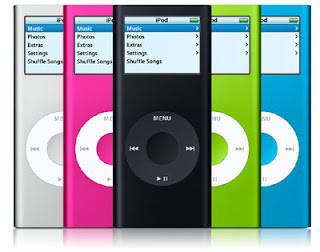 This month's Visual Studio Magazine presented products awards. There was one product that got user and editor awards. It was ReSharper 4.5 by JetBrains. I had never heard about this tool before. That was strange so I did some research.
This month's Visual Studio Magazine presented products awards. There was one product that got user and editor awards. It was ReSharper 4.5 by JetBrains. I had never heard about this tool before. That was strange so I did some research.The tool is a plug-in to Visual Studio. It does error highlighting (analyzes your code without compiling to determine errors). It also has all kinds of code refactoring options. ReSharper assists with unit tests. And it does formatting as well as code generation. This thing is multi purpose.
That's when I found out why I was in the dark about ReSharper. It works with languages such as C#, XML, and XAML. I guess it is a .NET type of thing. This thing does not support C++. And since I specialize in C++, I would not be using or really know much about the tool.
ReSharper has a number of price points based on how you use it. A personal copy costs $199, while the business version goes for $349. An academic license will run you $49. I was disappointed that there was no free academic version. Us starving college students don't have a lot of cash. The goal of this tool is to produce higher quality code. Maybe if I get more into C# I will give it a try.


 Microsoft has essentially been a shrink wrapped software company from the beginning. With all the web hubbub, you would think that Microsoft is a dinosaur. However it is not so easy to sell software over the Internet. As you will see from the Jason
Microsoft has essentially been a shrink wrapped software company from the beginning. With all the web hubbub, you would think that Microsoft is a dinosaur. However it is not so easy to sell software over the Internet. As you will see from the Jason  The United States Department of Justice has a hard on for Microsoft. A weaker company would have caved and gone out of business. However Microsoft has stayed the course. They still are the easy target for cries about
The United States Department of Justice has a hard on for Microsoft. A weaker company would have caved and gone out of business. However Microsoft has stayed the course. They still are the easy target for cries about  The
The 

